Basic Electronics Lab
Basic Electronics Lab is the associated with the institute core course “Introduction to Electronics”. The laboratory has basic electronic experiments on analog, digital and mixed signal circuits.
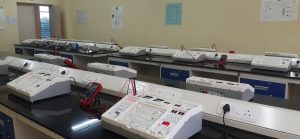
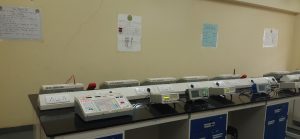
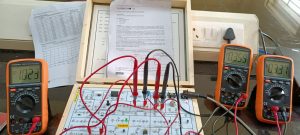
Analog Circuit Lab
Familiarize students with the Analog Circuits Design through. the implementation of basic Analog Circuits using discrete components.
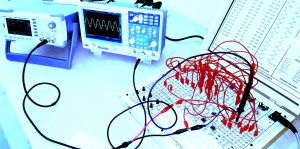
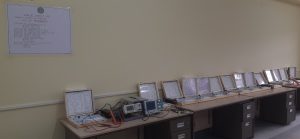
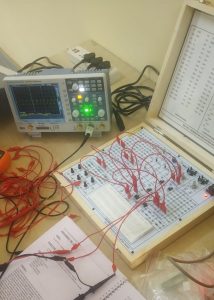
Linear Integrated Circuit and Application Lab
Linear Integrated Circuits are solid state analog devices that can operate over a continuous range of input signals. Theoretically, they are characterized by an infinite number of operating states. Linear Integrated Circuits are widely used in amplifier circuits.
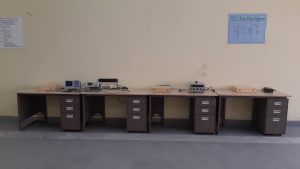
Digital Circuit Lab
The digital electronics laboratory is a unit of the Electronics and Communication Engineering Department. This laboratory will enable the undergraduate students to learn the basic concepts and techniques in digital electronic circuits and systems.
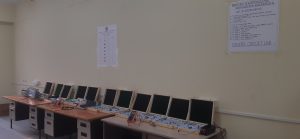
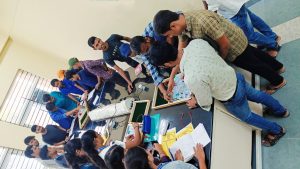
Analog Communication Lab
Analog Communications lab is completely equipped with the hardware kits. This lab provides the information about the different types of modulators and demodulators used and types of techniques used for the processing of the analog (continuous) signals.
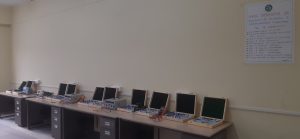
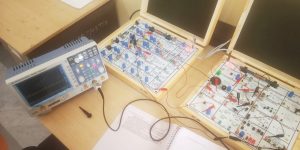
Digital Communication Lab
Digital communication definition: This concept, also known as data communication or data transmission, is the transfer of data or information using digital signals over a point-to-point (P2P) channel. A P2P connection is a mode of communication between two communication endpoints.
Communicating digitally is a communication technique in which thoughts, data or information are digitally encoded as discreet signals. These signals are electronically transferred to the recipients.
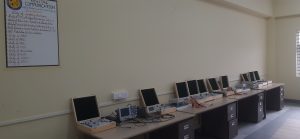
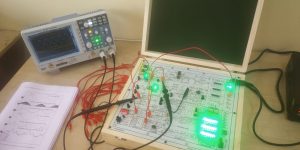
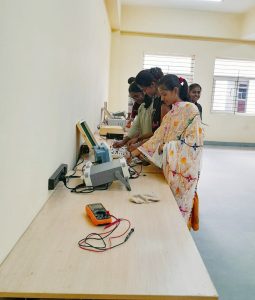
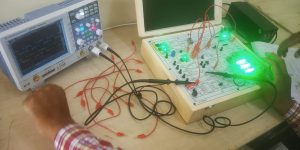
Microprocessor and Microcontroller Lab
To understand the internal organization of INTEL 8085, 8086 Microprocessors and Assembly Language Programs using the instruction sets of both processors and to study the interfacing of the processor with various peripheral devices.
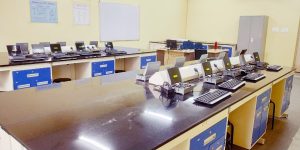
This Microcontroller Laboratory helps the students to understand the basic operation of Microprocessors and Microcontrollers along with fundamental programming skills in assembly language and Embedded C programming.

